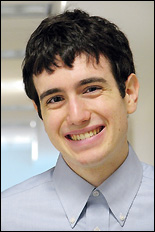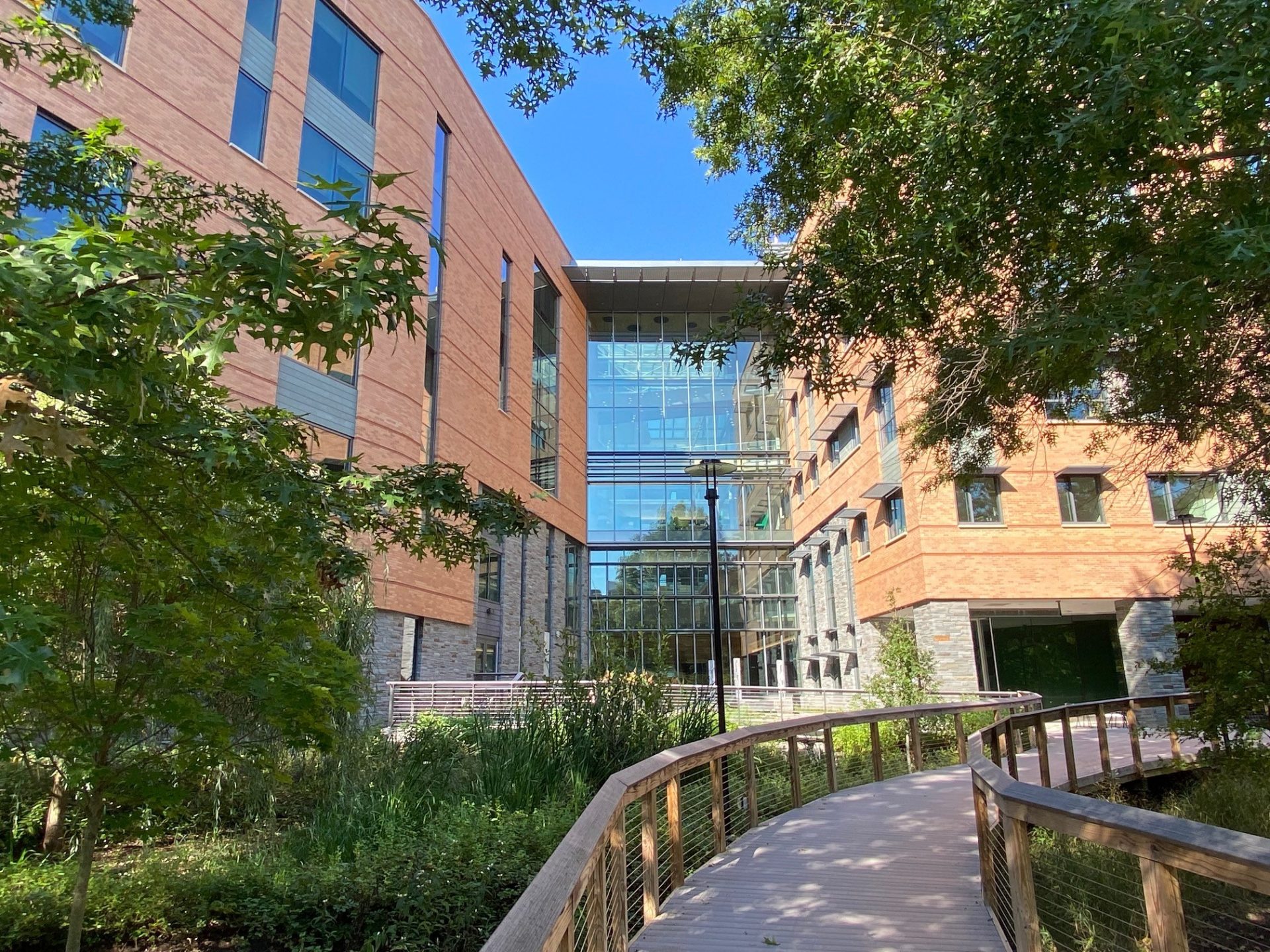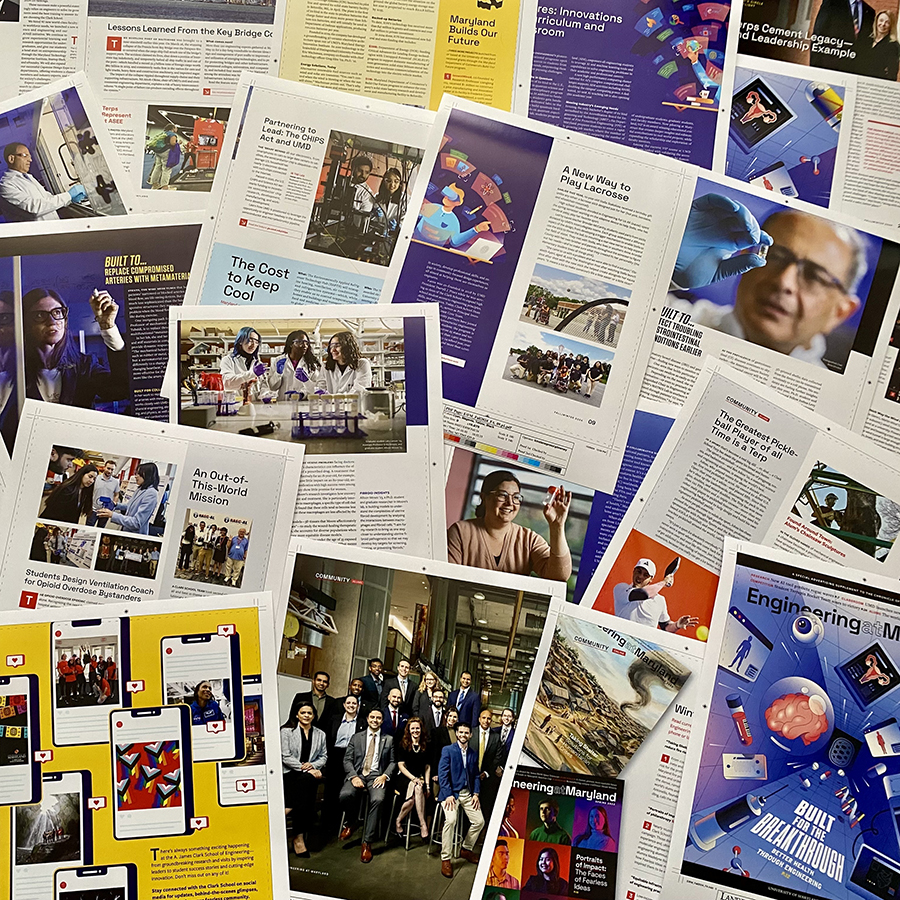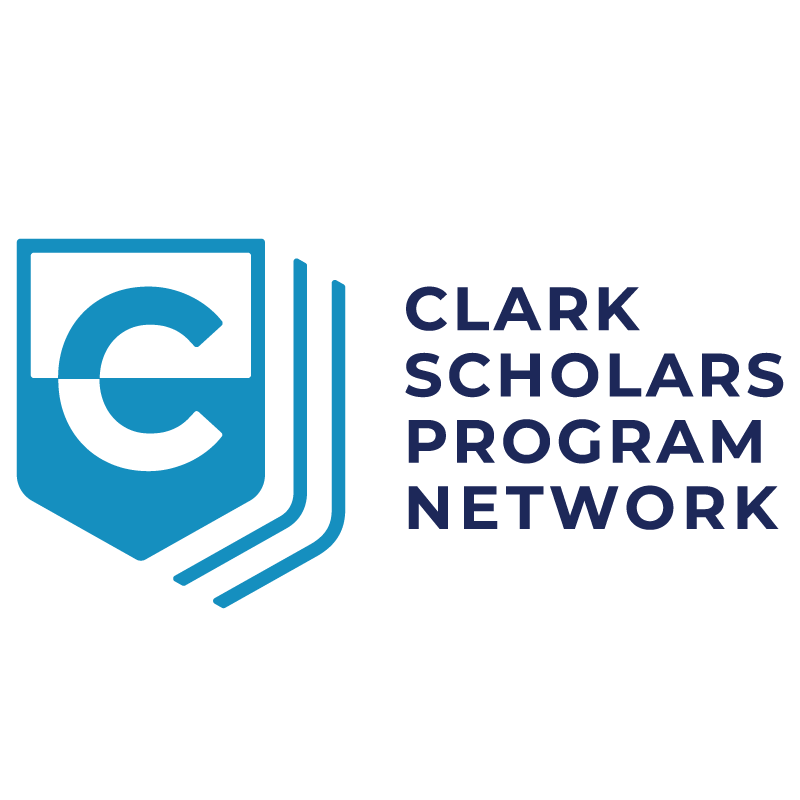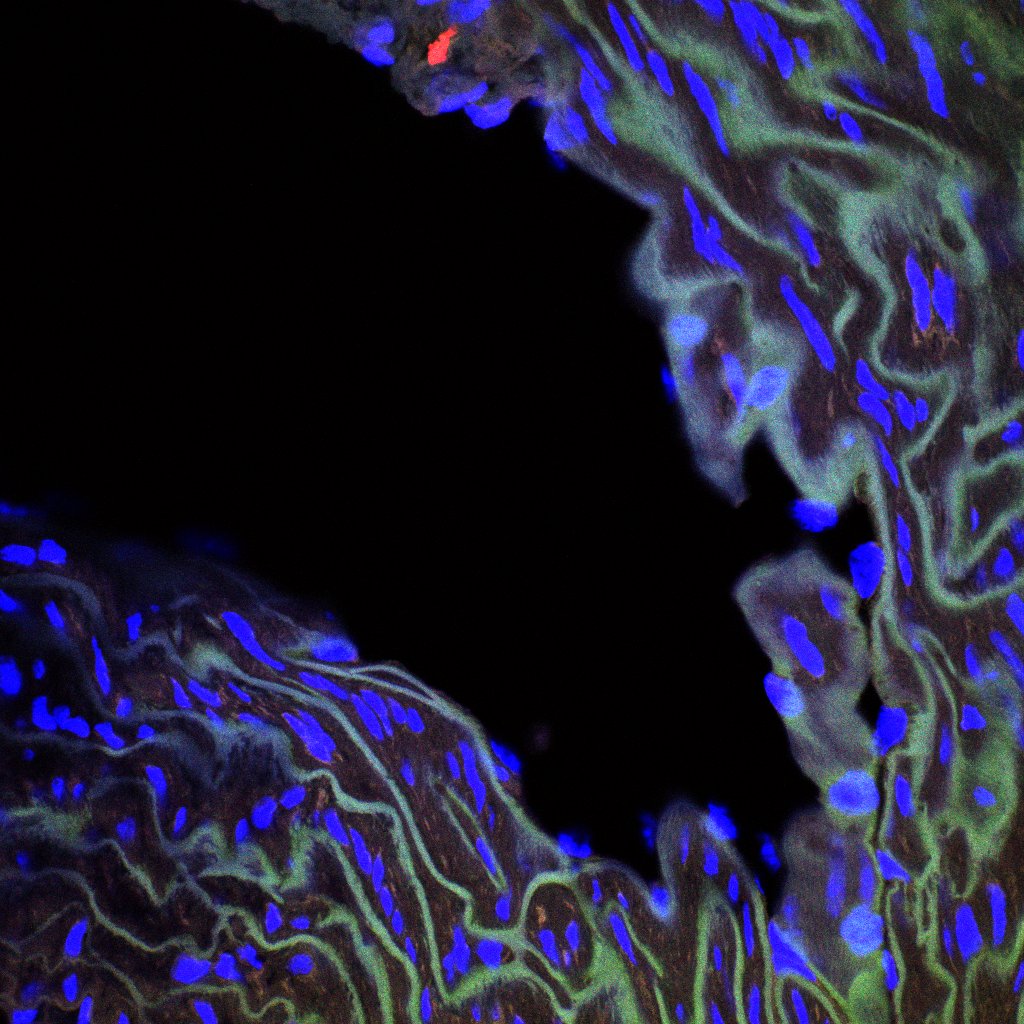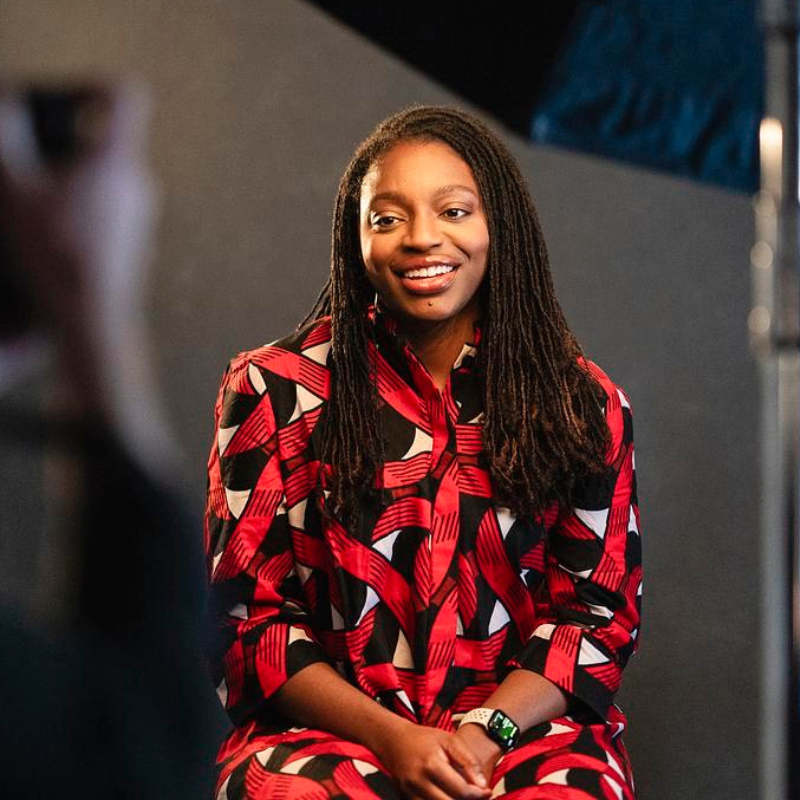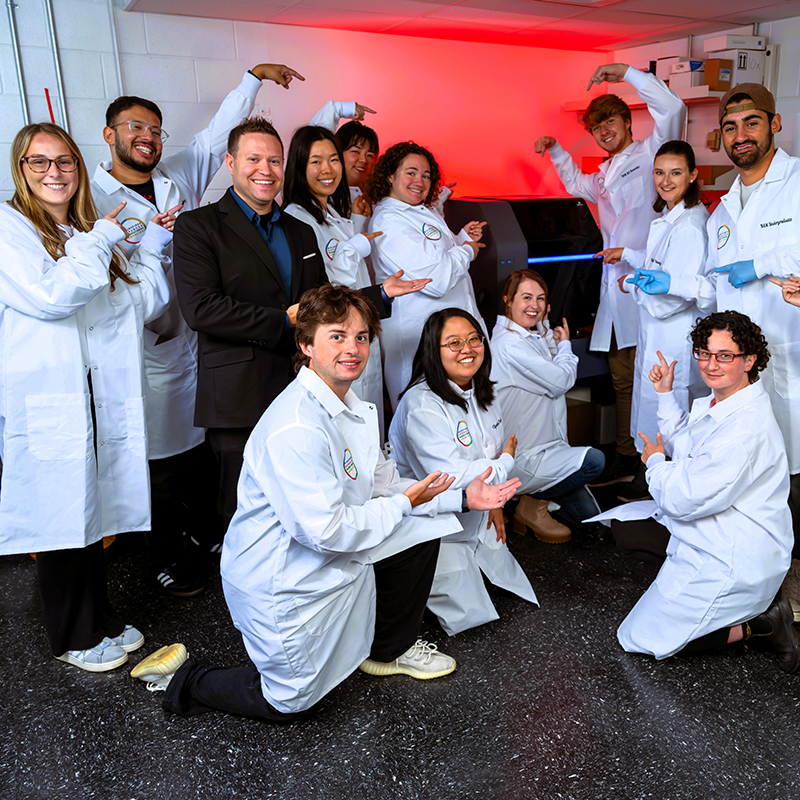News Story
Fischell Bioengineering Undergraduates Dominate Bioethics Contest
For the second year in a row, Fischell Department of Bioengineering undergraduates, including three freshmen, edged out a national field of 184 other entrants to earn four of the five top spots in the Institute of Biological Engineering's (IBE) annual bioethics essay contest. Sophomore Zachary Russ won for a second year in a row, while freshman Victoria Stefanelli placed second and freshmen Chris Dupuis and Laith Abu-Taleb were first and second runners-up, respectively. As finalists, they presented their papers at IBE's annual conference in March, where the winners were decided.
Russ' first place essay, "Mapping the Moral Boundaries of Biological Engineering," argues that given a history of high-profile incidents in which scientific advancement or discoveries inadvertently led to disaster due to failures in safety protocols, the discipline of biological engineering must have its own specific code of ethics, not one borrowed from a parent field. This is because, he feels, biological engineering is a synthesis of disciplines that utilizes a wide variety of scientific techniques, presenting an array of potential dangers and moral issues. The essay presents suggestions as to what form such a new code of ethics could take.
Stefanelli's second place essay, "Bioethics: An Issue of the Future," takes an opposite stance, arguing that too many people's impressions of the possible negative outcomes of biological engineering draw too heavily from the realm of science fiction, and that many fears are "unreasonable or unwarranted." Stefanelli feels that a specific code of ethics would result in too many limitations, restrictions that are too broad, and too much bureaucracy, all of which would slow progress and possibly constitute a "violation of civil liberties by eliminating the [patient's] right to choose" new treatments for injury and disease.
Dupuis' essay, "Scientific Freedom Begins With Regulation," suggests a balance between sensible regulation and morality that would allow science to progress at a meaningful pace while not overstepping ethical concerns. Dupuis stresses humane animal research, respect for all people regardless of culture, and the right for everyone to know both the potential benefits and dangers of research. The paper advocates decoupling the objective work of scientists from subjective moral issues so we can first fully explore, and then make informed decisions about whether and how to use controversial means of problem solving such as stem cell research.
Abu-Taleb's essay, "Does the Field of Biological Engineering Need its Own Code of Ethics?" proposes the kind of discussion which must occur in order to determine the answer to that question. Moral issues that should be raised include the possibility of exploitation; the moral rights of stakeholders, regulators, researchers, and the public; and the tradeoff between social benefits and social costs. Abu-Taleb writes that we must analyze four specific issues: human culture, standards for rapid advancement, the need to save lives, and financial costs and allocations.
Related Stories:
"Richbourg, Russ Winners in Bioethics Essay Contest" »
"BioE Freshmen Are Finalists in Bioethics Contest" »
"2 More BioE Students Join Ethics Essay Contest Finalists" »
Learn More:
Visit the Institute of Biological Engineering web site »
Published April 5, 2009


